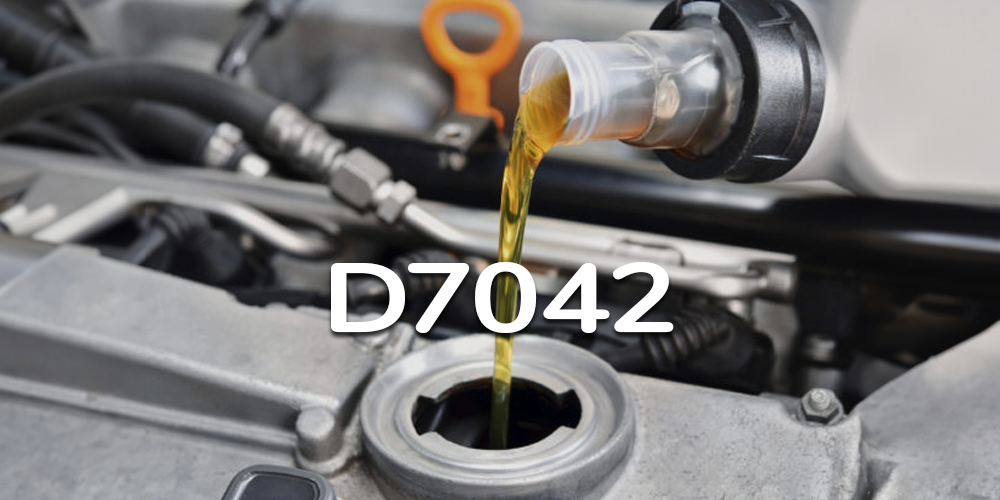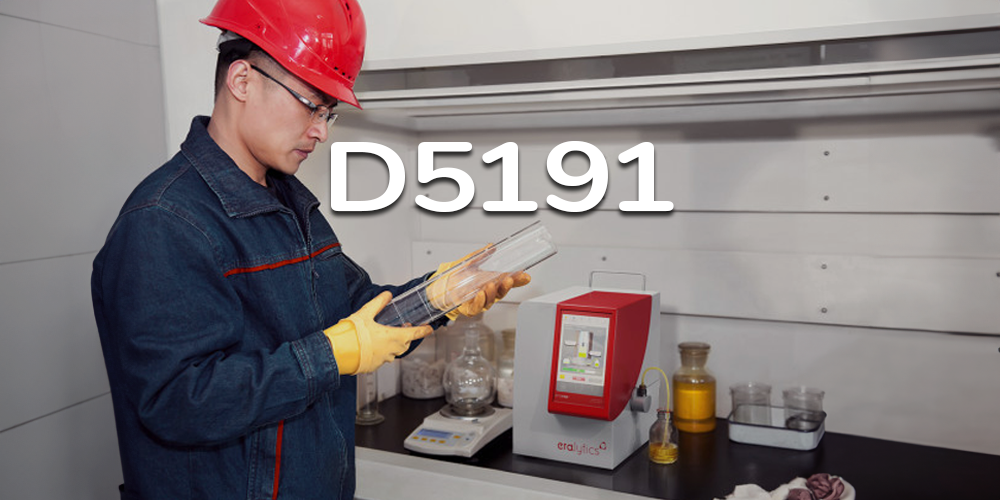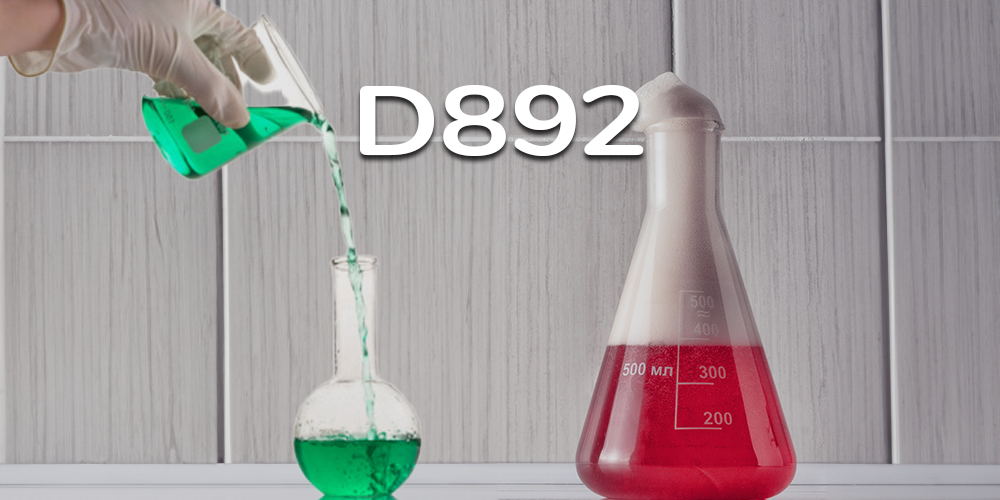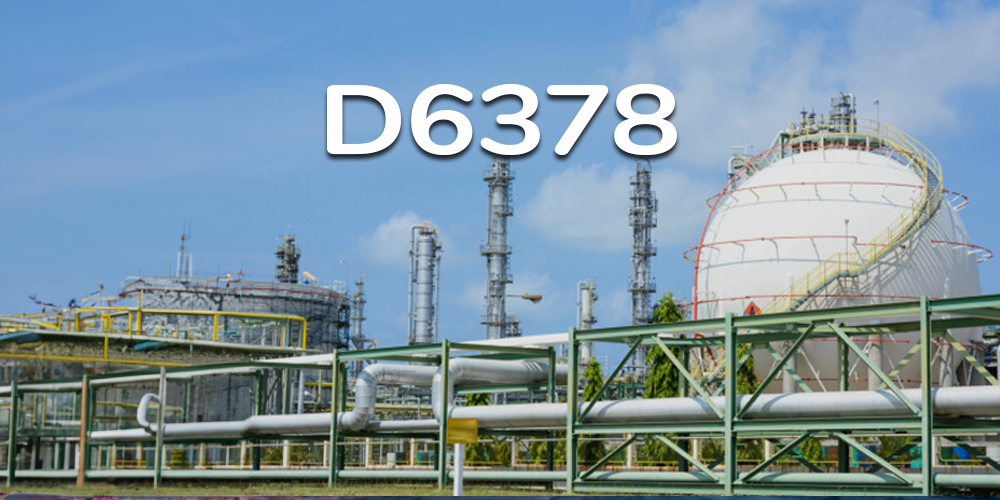ASTM role in production and trade of product and services
International trade of crude oils and products requires a marketplace based on fair economic competition without unreasonable restraints and operating in an open and transparent environment. ASTM manages 140 Committees, with the participation of more than 30000 professionals and experts that represent 140 countries. ASTM is a not-for-profit International Organization is the leader in the development, technological update and sustainability of standardized Test Methods, Procedures, Guides and Quality Specifications of crude oils, lubricants and fuel products based on open participation and voluntary consensus. Through this leadership, ASTM standards for petroleum products strive to improve the precision, eliminate bias and establish correlations between methods that purport to ensure the same composition or quality parameters.

D2 Petroleum Products and Lubricants Methods
Corrosion
Corrosion is the gradual breakdown of materials, particularly metals, due to environmental interactions. It can compromise structural integrity and functionality. We have specialized units to identify and address corrosion-related issues.
Physical Properties
Studying physical properties involves assessing characteristics such as density, conductivity, and viscosity to understand the behavior of materials. Our specialized units provide accurate analysis of physical properties for comprehensive insights into material performance and suitability for diverse applications.
Oil Condition Monitoring
Oil condition monitoring is the process of assessing the quality and health of oils used in machinery and equipment. It helps identify potential issues and ensures optimal performance. Our specialized units offer precise oil condition monitoring for proactive maintenance and efficient operations.
Elemental and compositional Analysis
Elemental and compositional analysis involves determining the chemical makeup of a substance, examining its elemental components and their proportions. It’s crucial for understanding material properties. We have specialized units for accurate elemental and compositional analysis.
Elemental and compositional Analysis
Elemental and compositional analysis involves determining the chemical makeup of a substance, examining its elemental components and their proportions. It’s crucial for understanding material properties. We have specialized units for accurate elemental and compositional analysis.
Foods and Flavors
Analyzing foods and flavors involves studying the composition and characteristics of different food items to understand their taste profiles. Our specialized units are equipped to identify and enhance food flavors for a delightful culinary experience
Oil in water
Monitoring oil in water involves assessing the presence and concentration of oil contaminants in water sources. Our specialized units excel in accurate oil-in-water analysis, ensuring environmental compliance and water quality management.
Chemicals and solvents
Analyzing chemicals and solvents entails studying their composition and properties for various industrial applications. Our specialized units offer precise analysis, ensuring the quality and compatibility of chemicals and solvents in different processes













